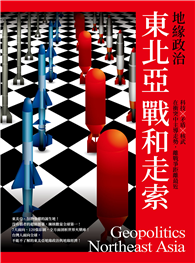Sex shapes who we are as individuals and as a species. Where in the mists of time did something so important--and eye-catching--originate, and what does this history tell us about ourselves? Why do we have sex, and sexes, at all?
In The Other Big Bang, the evolutionary and developmental biologist Eric S. Haag explores the two-billion-year history of sex, from the first organisms on Earth to contemporary humans. He delves into the deep history of sexual reproduction, from its origins as a fix for a mutational crisis to an essential feature of all complex life. Haag traces sexual differentiation from its earliest forms in microbes to its elaboration in animals, showing why sex differences in cells and organisms help species adapt, persist, and evolve. Humanity’s clear sexual kinship with yeast and clams exists even as we evolved differences that distinguish us from other mammals, and even other apes. Bringing the story up to the present, Haag argues that the evolutionary history of human sexuality helps us better understand contemporary society. Our ancient male-female sexual system remains an important fact of life, even as we see increasingly diverse sexual orientations, gender expressions, and parenthood choices. Witty and inviting, The Other Big Bang offers a clear view of the evolutionary roots of human sexuality and their significance today.| FindBook |
|
有 1 項符合
The Other Big Bang: The Story of Sex and Its Human Legacy的圖書 |
 |
$ 2100 | The Other Big Bang: The Story of Sex and Its Human Legacy
作者:Haag 出版社:Columbia University Press 出版日期:2024-12-03 語言:英文 規格:精裝 / 288頁 / 普通級/ 初版  看圖書介紹 看圖書介紹
|
|
|
圖書介紹 - 資料來源:博客來 評分:
圖書名稱:The Other Big Bang: The Story of Sex and Its Human Legacy
內容簡介
|











